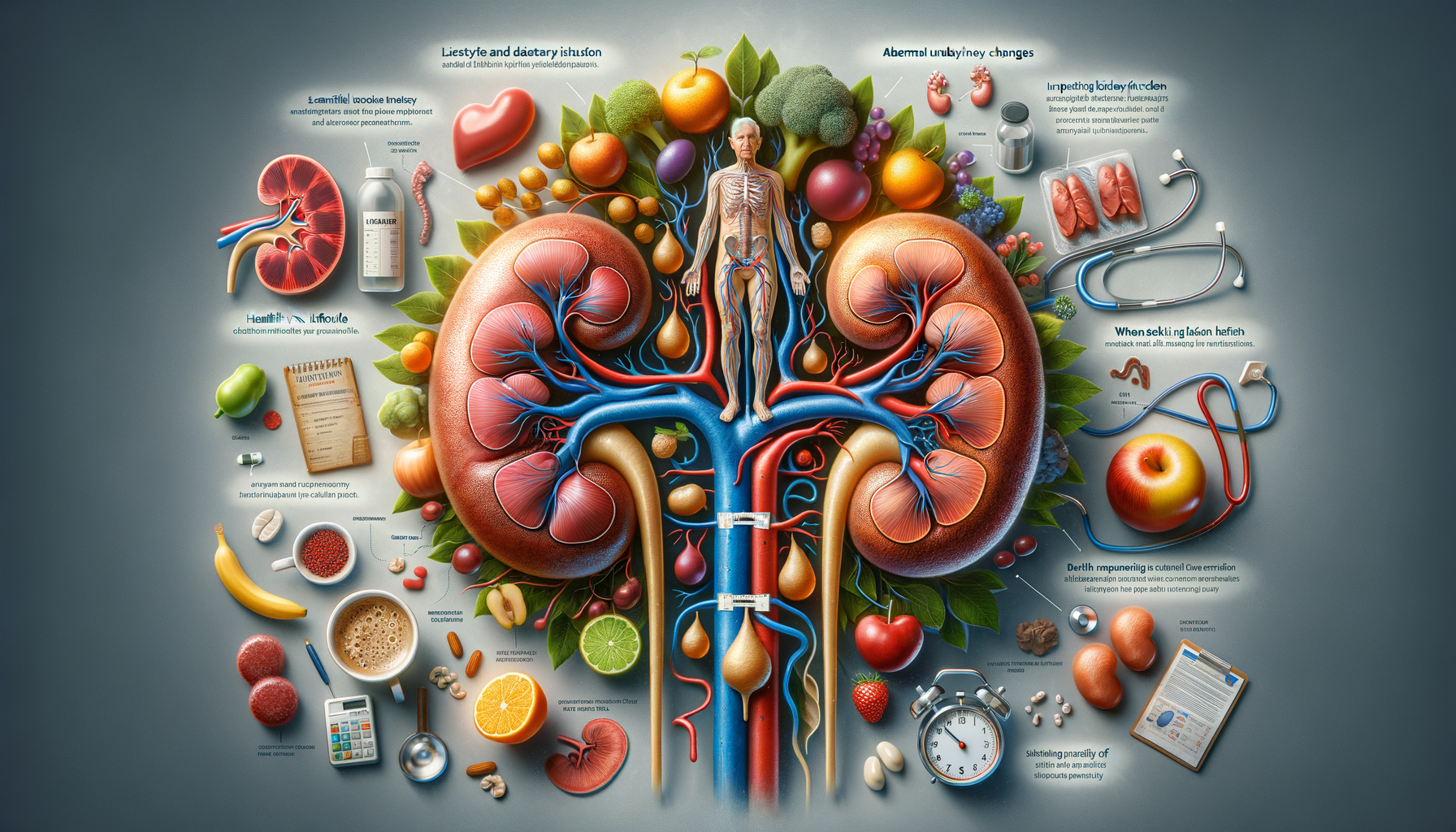Ways to Understand Kidney Function After 70
What happens to kidney function as we grow older? While some changes are natural, it’s important to understand what’s typical and what may signal a need for attention. This article provides educational insights into kidney health beyond age 70.

Key Markers for Assessing Kidney Health in Seniors
The kidneys play a critical role in maintaining overall health, particularly in seniors. As we age, it is essential to monitor specific markers to assess kidney function. One of the primary indicators is the Glomerular Filtration Rate (GFR), which measures how well the kidneys filter waste from the blood. A lower GFR can indicate reduced kidney function, which is common in older adults.
Another significant marker is the presence of protein in the urine, known as proteinuria. This can be an early sign of kidney damage, and regular urine tests can help detect this condition. Additionally, creatinine levels in the blood are crucial for assessing kidney health. Elevated creatinine levels can suggest impaired kidney function.
Regular screening for high blood pressure and diabetes is also vital, as these conditions can exacerbate kidney issues. Seniors should aim for a blood pressure reading below 140/90 mmHg and maintain blood sugar levels within normal ranges to prevent further kidney damage.
- Glomerular Filtration Rate (GFR)
- Proteinuria (protein in urine)
- Creatinine levels
- Blood pressure and blood sugar control
Understanding these markers and maintaining regular check-ups with healthcare providers can help seniors manage and monitor their kidney health effectively.
Lifestyle and Dietary Impacts on Kidney Function
Maintaining a healthy lifestyle and diet is crucial for supporting kidney function, especially in seniors. A balanced diet rich in fruits, vegetables, whole grains, and lean proteins can promote kidney health. It’s essential to limit salt intake, as excessive sodium can increase blood pressure and strain the kidneys.
Hydration plays a significant role in kidney health. Seniors should aim to drink enough water throughout the day to help the kidneys efficiently flush out toxins. However, it is important to consult with a healthcare provider about the appropriate amount of fluid intake, as it can vary based on individual health conditions.
Regular physical activity is also beneficial. Engaging in moderate exercise, such as walking or swimming, can help maintain a healthy weight and improve blood circulation, which supports kidney function. Additionally, avoiding smoking and limiting alcohol consumption can prevent further damage to the kidneys.
- Balanced diet with reduced salt intake
- Adequate hydration
- Regular physical activity
- Avoiding smoking and limiting alcohol
By adopting these lifestyle changes, seniors can significantly impact their kidney health and overall well-being.
When to Seek Medical Advice for Age-Related Kidney Changes
As individuals age, some changes in kidney function are expected. However, there are specific signs and symptoms that warrant medical attention. Persistent fatigue, swelling in the legs or ankles, and changes in urination patterns can indicate kidney issues that require evaluation by a healthcare professional.
Additionally, if seniors experience difficulty concentrating, shortness of breath, or unexplained nausea, it might be time to consult a doctor. These symptoms can suggest declining kidney function or other related health problems.
Regular medical check-ups are crucial for early detection and management of kidney-related issues. Seniors should not hesitate to seek medical advice if they notice any unusual changes in their health. Early intervention can prevent further complications and improve quality of life.
- Persistent fatigue and swelling
- Changes in urination patterns
- Difficulty concentrating or shortness of breath
- Unexplained nausea
By being proactive and attentive to these signs, seniors can ensure they receive timely care and maintain optimal kidney health.